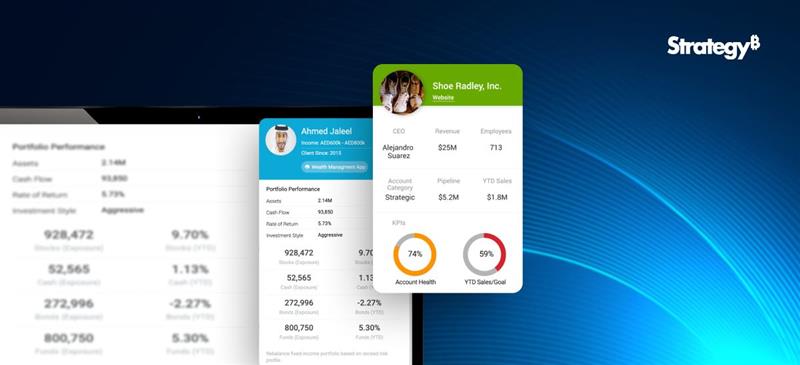“AI bias” has been a trending hot subject of research and concern for a while. Recently ChatGPT, the latest language learning model released by OpenAI, has become a viral sensation. However, like many AI models before it, bias can be found in its output. AI bias is a phrase used to characterise circumstances in which ML-based data analytics algorithms exhibit bias towards specific categories of individuals. These biases are typically manifestations of pervasive societal biases about race, gender, biological sex, age, and culture.
In AI, there are two types of bias. The first is algorithmic AI bias, often known as “data bias,” in which algorithms are trained with biased data. The other type of AI prejudice is societal AI bias. This is where our societal beliefs and conventions cause us to have blind spots or particular expectations in our thinking. Societal bias impacts algorithmic AI bias, but as the latter grows, we see things come full circle.
What can We Do to Address AI Biases?
Here are some of the remedies:
Algorithm Testing in a Real-World Situation
For example, take the case of job seekers. If the data used to train your machine learning system comes from a select group of job searchers, your AI-powered solution may be untrustworthy. While this may not be a problem if you apply AI to similar candidates, it becomes a problem when you apply it to a new group of candidates that aren’t represented in your data collection. In this case, you simply ask the algorithm to apply the prejudices it learnt from the first candidates to a group of people where the assumptions may be inaccurate. To avoid this, as well as to discover and resolve these flaws, you should test the algorithm like how you would use it in the real world.
Considering the So- called Counterfactual Fairness
The meaning of “fairness” and how it is calculated are up for debate. It may also change owing to external factors, implying that the AI must account for these changes as well. Researchers have also worked on a variety of approaches to ensure AI systems can meet them, such as pre-processing data, altering the system’s choices after the fact, and including fairness definitions in the training process itself. A potential solution is “counterfactual fairness,” which ensures that a model’s choices are the same in a counterfactual world where sensitive attributes like ethnicity, gender, or sexual orientation have been altered.
Consider Human-in-the-Loop Systems
The purpose of Human-in-the-Loop technology is to accomplish what neither a human nor a machine can do on their own. When a machine confronts a problem, humans must intervene and fix the problem for them. As a result of the continual feedback, the system learns and improves its performance with each consecutive run. Finally, human-in-the-loop leads to more accurate rare datasets of safety and precision.
Change the Way People Learn About Science and Technology
A significant shift is required in the approach to how people are educated about technology and science. It is high time to restructure science and technology education. Science is currently taught objectively, and more transdisciplinary collaboration and educational rethinking are required.
Some concerns should be addressed and resolved on a worldwide scale and other issues should be addressed locally. Every principle and standard, governing body, and people voting on things and algorithms should be verified from time to time. Making a more diverse data collection will not fix the problem. But that is just one factor.
Will Artificial Intelligence Ever be Unbiased?
The answer is both no, and yes. Well, it’s feasible, but an impartial AI is only in dreams and probably it will never exist. This is because an impartial human intellect is unlikely to ever exist. An AI system is only as good as the data it gets as input. Assume you can free your training dataset of conscious and unconscious biases regarding race, gender, and other ideological concepts. In such a situation, you’ll be able to build an artificial intelligence system that makes objective data-driven decisions.
In short, the fact is that an impartial human mind, as well as an AI system, will never be realised. After all, people are the ones who generate the skewed data, and humans and human-made algorithms are the ones who evaluate the data to find and rectify biases. However, we can overcome AI bias by validating data and algorithms and applying best practices to collect data, use data, and construct AI algorithms.
Why choose Beinex AI & Automation Services
Beinex, in line with industry standards, helps in the adoption and integration of AI & Automation, hands down. Our support program chips in when interventions or inputs are necessary. And we have comprehensive and robust lab-to-industry processes and pipelines that are morally, ethically sound and cutting edge in character.
Experience-induced Agility
Beinex has a talent pool of coveted consultants who are change agents in diverse domains capable of ushering in an organisation-wide transformation in terms of People-Process-Technology-Data. The depth and breadth of their experience adds to agility and brings adaptability to business contexts.
Tool Mastery & Use-case Libraries
The Consultants at Beinex are masters of the tools they operate in. They are well-versed in the range of tools available in the market of which Beinex is a partner to many of them. A robust eco-system of use-case libraries results in minimal turnaround time from a business point of view.




